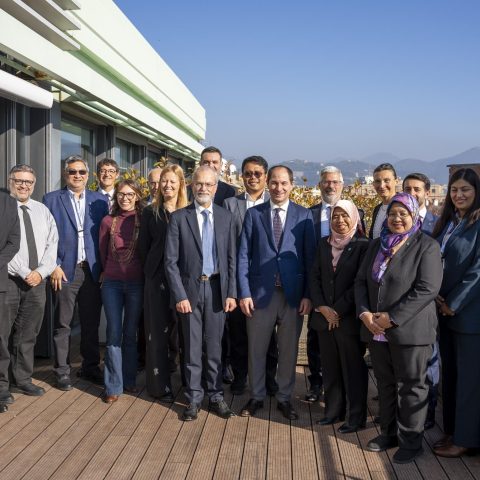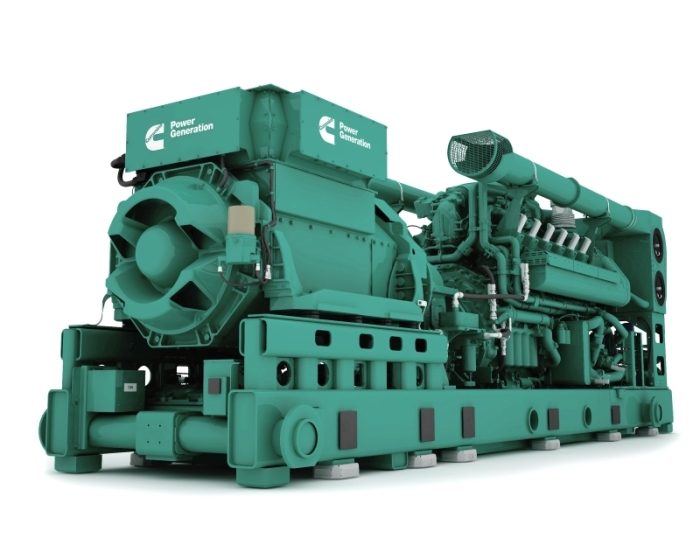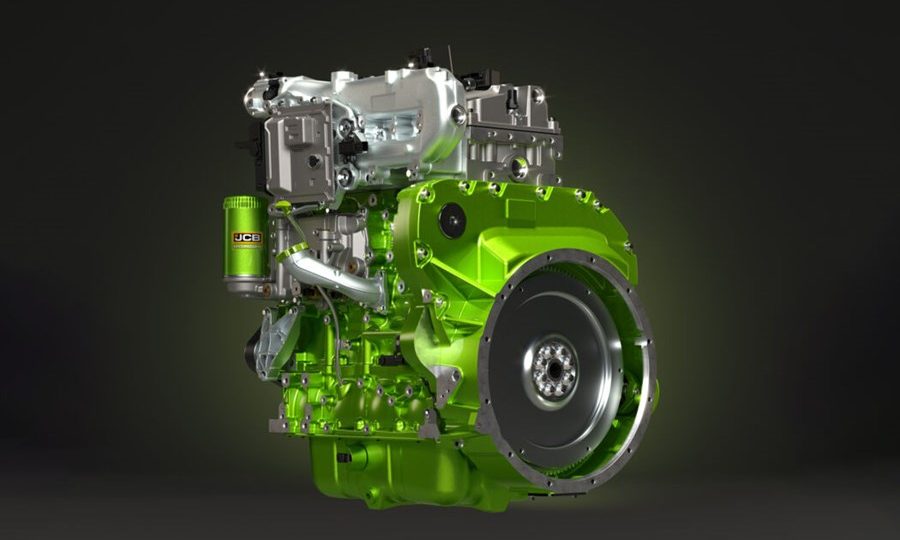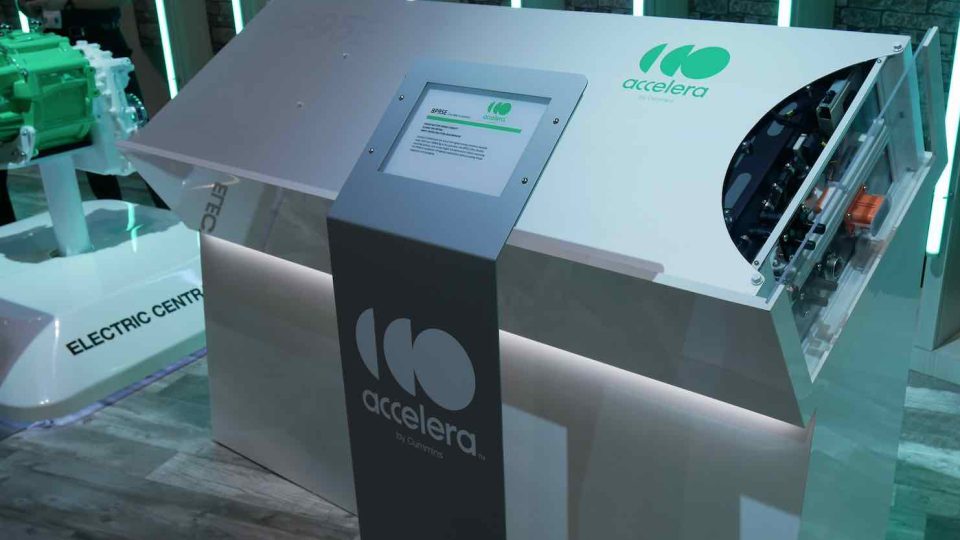RINA awarded contract by Petronas for Carbon Capture and Storage project in Malaysia
RINA has been awarded a contract by Petronas CCS Solutions to carry out a pre-FEED (preliminary front-end engineering design) study for a groundbreaking carbon capture and storage (CCS) project in Malaysia. This major development is a key step in supporting the country’s efforts towards achieving net-zero emissions.

RINA has been awarded a contract by Petronas CCS Solutions to carry out a pre-FEED (preliminary front-end engineering design) study for a groundbreaking carbon capture and storage (CCS) project in Malaysia. This major development is a key step in supporting the country’s efforts towards achieving net-zero emissions.
The contract covers the Northern hub, located in Kerteh, and Southern hub, located in Kuantan, with RINA responsible for three distinct scopes: the Northern hub’s onshore terminal, jetty, and pipeline; the Southern hub’s onshore terminal; and the offshore pipeline and platform. These facilities will be crucial in capturing carbon dioxide (CO2) emissions from industrial sources and securely storing them in offshore geological formations.
The pre-FEED study, expected to be completed by the end of 2024, will provide an optimised engineering plan for the collection, transport, and storage of CO2.
As part of its long-term decarbonisation strategy, Malaysia has committed to reducing CO2 emissions through its net-zero plans. Petronas’ Carbon Management Division has been central to these efforts, developing CCS capabilities to capture and store carbon emissions. This initiative aligns with the nation’s broader sustainability goals and plays a pivotal role in regional CO2 management.
Enrico Beccaceci, ASEAN Engineering Integration Senior Manager at RINA, commented: “This contract reinforces RINA’s strategic partnership with Petronas and marks a significant step in our expansion within Southeast Asia. The CCS project is not only critical for reducing CO2 emissions but also represents an important contribution to the global carbon reduction effort. Our technical expertise, demonstrated through several rounds of technical clarification, was a key factor in securing this project.”
The scope of work includes developing detailed plans for the infrastructure needed to manage CO2, from its capture at industrial sites to its transportation via pipelines and subsequent storage in depleted offshore reservoirs. For RINA, this project extends its capabilities in carbon management and highlights its role as a key player in the energy transition.
The CCS project is expected to capture millions of tonnes of CO2 annually, reducing the environmental impact of key industrial sectors. The captured CO2 will be permanently stored in offshore geological formations, such as depleted oil fields, leveraging Malaysia’s natural subsurface structure.









